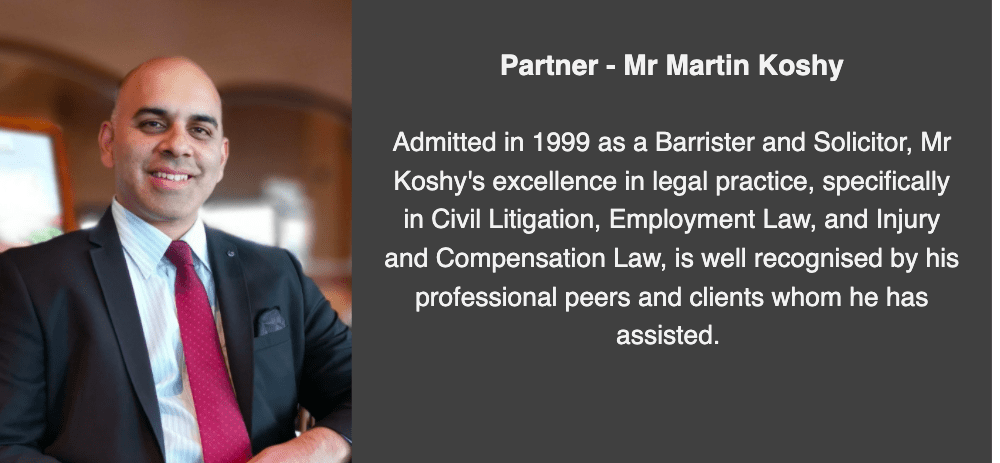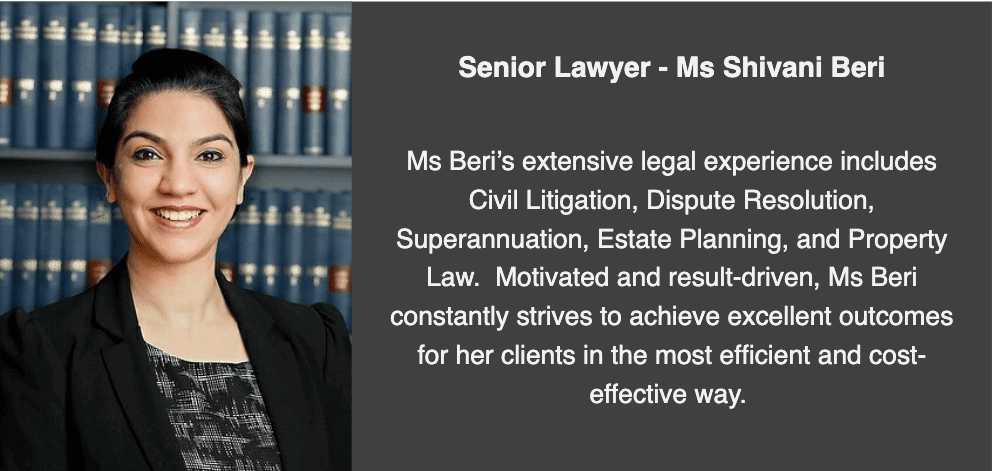Probate is simply the process in which a deceased’s person’s Will is proved by a court as being the last valid Will of the deceased person. In Western Australia the appropriate court is the Supreme Court of Western Australia. Similarly, in other Australian states and territories, the appropriate court is the Supreme Court of that place.
A Grant of Probate confirms that the executor named in the deceased person’s Will has the legal right to deal with deceased person’s estate (i.e. their property, money and possessions).
If the deceased person did not leave a Will, then the grant obtained from the Supreme Court is known as a Grant of Letters of Administration. There are also other types of grants, however these two are the most commonly encountered.
Although there are some technical differences between executors and administrators, for most practical purposes, the roles are essentially the same. In this article we will use the term “Legal Personal Representative” to cover both executors and administrators, and the term “Grant of Representation” to cover both types of grant.
Why do I need it?
A Grant of Representation is evidence to the world at large that the Legal Personal Representative that a person has the right to deal with the deceased person’s estate.
Further, a Grant of Representation is needed to deal with certain types of assets, such as land, bank accounts, shares, superannuation and insurance. Often without a Grant of Representation, Landgate, banks, share registries, superannuation funds and insurance companies will not deal with a person who needs to administer a deceased person’s assets.
There are circumstances when a Grant of Representation may not be needed, for example:
- the deceased person did not own any assets in Western Australia (a Grant of Representation may be required in other jurisdictions where the deceased person owned any property)
- if all of the deceased person’s assets were held with other others jointly (such as land, shares or money) as these assets will automatically pass to the surviving owner(s)
- shares owned by the deceased have a market value of less than $15,000
- the bank accounts of the deceased have a balance of less than $10,000 (the precise balance before a bank requires a Grant of Representation this varies between banks)
- the deceased person’s estate comprises only of personal and household effects
How do I obtain a grant of probate?
The executor named in the deceased person’s Will must make an application to the Supreme Court. If the court is satisfied with the application, the court will issue a grant of Probate. If the court is not satisfied with the application, it may issue a requisition notice. A requisition notice is simply a notice which advises that there is a defect with the application or the court requires more information.
The deceased person’s original Will is retained by the Supreme Court, however a copy of the Will is attached to the Grant of Probate.
How long does it take?
An application can be made at any time after fourteen days from the death of the deceased person. It is necessary for the deceased’s death certificate to be provided in the application.
Once an application for a Grant of Representation is lodged in the Supreme Court, a Grant of Representation generally takes around four to eight weeks, however, this is dependent on the court’s workload.
Please note that this general information only and does not constitute legal advice. If you would like further information or assistance in relation to this issue or other legal issues, please contact Tang Law on (08) 9328 7525 or [email protected].








